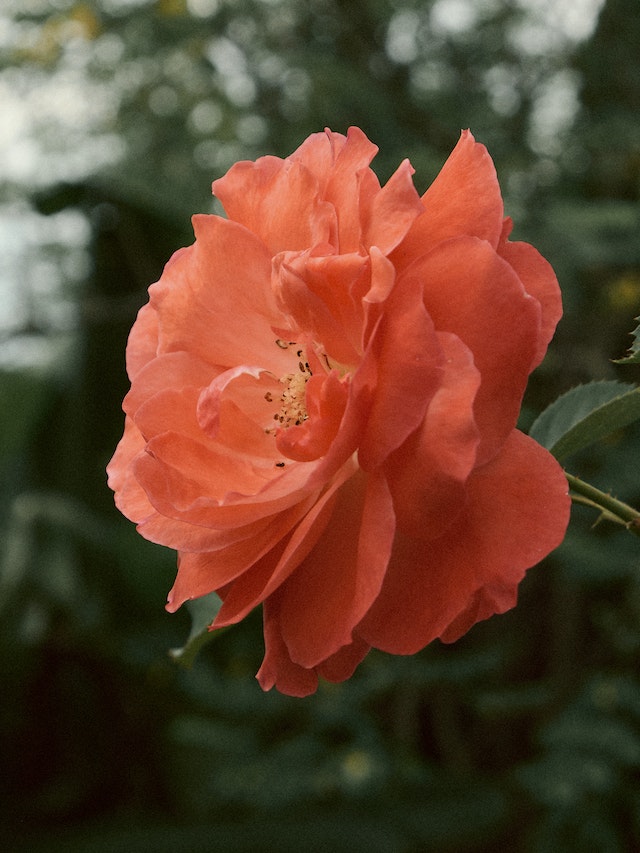
Soil is the foundation of any healthy garden. It provides the nutrients, water, and support that plants need to grow and thrive. However, not all soil is created equal, and it’s important to understand the role that soil health plays in the success of your garden.
Healthy soil is a complex ecosystem made up of living organisms, organic matter, minerals, and air. It’s the key to a healthy and productive garden, providing the necessary nutrients and water to your plants. However, many soils are depleted of nutrients due to overuse or neglect, and require additional inputs to support plant growth.
One way to improve soil health is through the addition of organic matter, such as compost, manure, or cover crops. Organic matter helps to improve soil structure, increase water-holding capacity, and provide essential nutrients to plants.
Another important aspect of soil health is pH balance. Most plants prefer a slightly acidic soil with a pH range of 6.0 to 7.0. Testing your soil’s pH and making adjustments as necessary can help to ensure that your plants are receiving the proper nutrients and growing in optimal conditions.
Soil health is also closely tied to the health of the plants themselves. Healthy plants can help to improve soil health by adding organic matter, fixing nitrogen, and promoting soil structure. By selecting plants that are well-suited to your soil type and conditions, you can help to create a thriving and sustainable garden ecosystem.
Finally, it’s important to understand the role that soil health plays in the larger ecosystem. Healthy soil can help to reduce erosion, improve water quality, and sequester carbon from the atmosphere. By nurturing your garden’s soil health, you can help to create a healthier and more sustainable planet.
In conclusion, soil health is the foundation of any healthy garden, and it’s important to understand the role that soil plays in the success of your plants. By nurturing your soil through the addition of organic matter, proper pH balance, and the selection of well-suited plants, you can create a thriving and sustainable garden ecosystem that benefits both you and the planet.